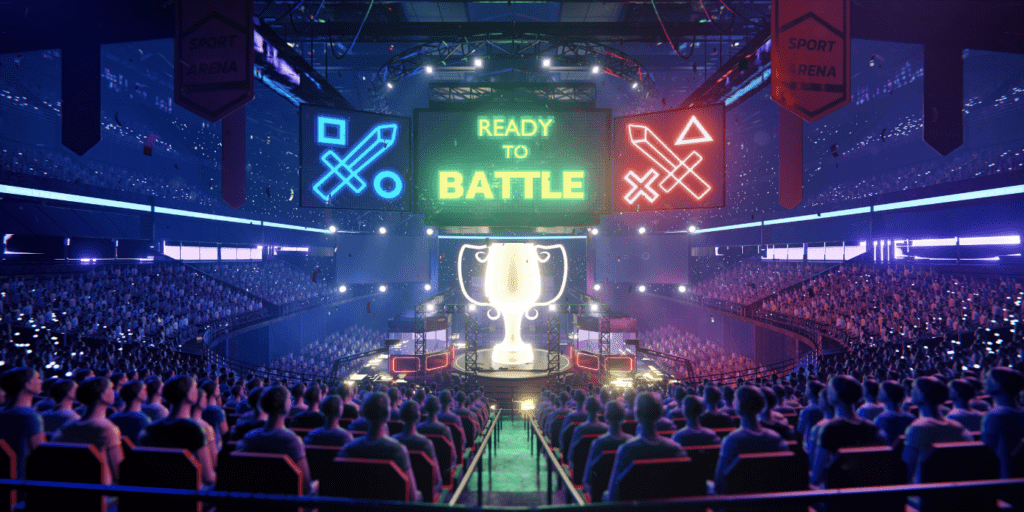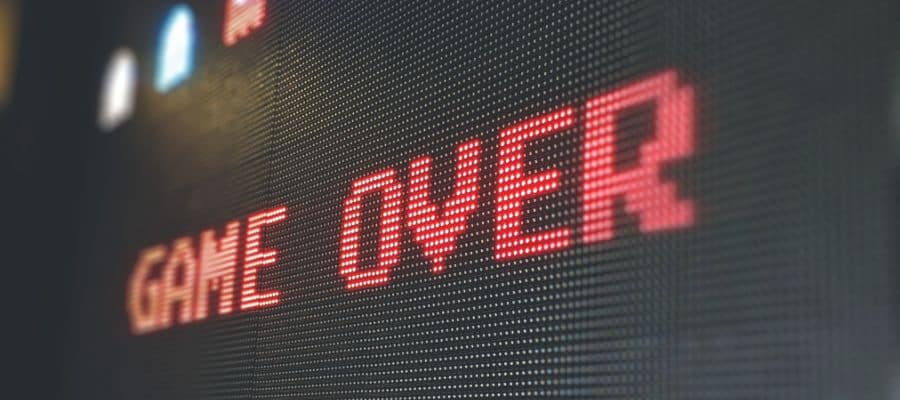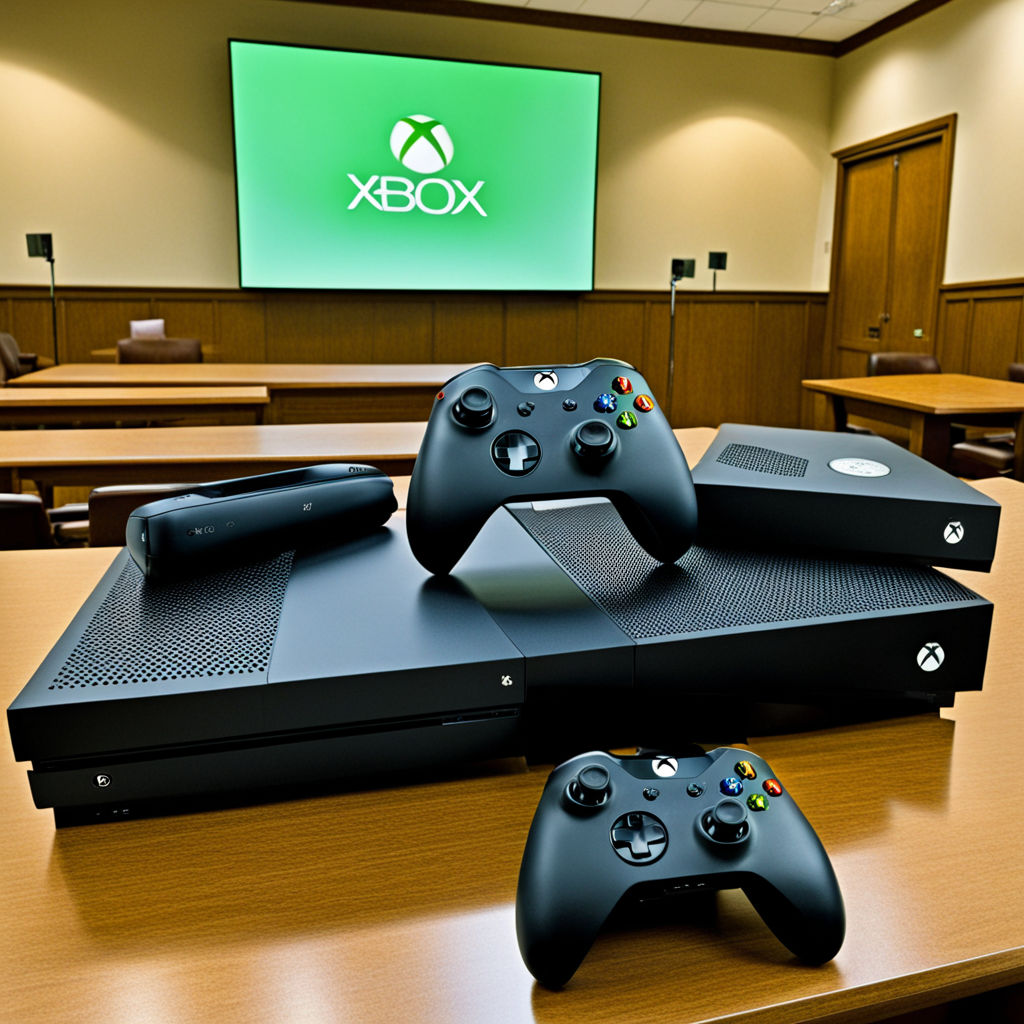Introduction

Imagine this: In 2024, the global gaming industry hit a staggering $200 billion in revenue, surpassing the film and music industries combined. As gamers worldwide dove into epic quests and fierce battles, developers faced a new frontier of legal complexities. From copyright disputes over in-game characters to debates about loot box regulations, the gaming world is not just about fun and pixels; it’s a battleground of legal challenges.
The gaming industry today navigates a labyrinth of legal issues that affect every player, developer, and company involved. These issues range from intellectual property rights and licensing agreements to consumer protection and esports regulations. Understanding these legal hurdles is crucial for everyone from the casual gamer to the professional game developer.
Intellectual Property Rights

Copyright
Safeguarding game content, storylines, characters, and music, copyright acts as a protective fortress for developers. Imagine crafting a game with an engaging plot and memorable characters. Copyright law prevents others from using your creative works without permission. For instance, Epic Games’ dance moves in “Fortnite” led to high-profile legal disputes, highlighting the importance of copyright in protecting game elements.
Trademarks
Protecting the distinctive elements of a game’s brand, trademarks cover logos, game titles, and other branding components. When you see the “Call of Duty” logo or the name “Mario,” trademarks are at work. They ensure that no one else can use these identifiers, preserving brand integrity and preventing market confusion. A notable case is King’s attempt to trademark “candy” for “Candy Crush Saga”, which sparked widespread debate and underscored the critical role of trademarks in gaming.
Patents
Covering innovative gameplay mechanics and technologies, patents offer protection against competitors copying unique innovations. For instance, unique algorithms, virtual reality systems, or new interaction methods can be patented. The “Nemesis System” from “Middle-earth: Shadow of Mordor” is a prime example of patented game technology”, showcasing how patents can provide a significant competitive advantage.
Case Studies
Real-world examples illustrate the significance of IP rights in gaming. Consider the dispute between Bethesda and Warner Bros. over the “Westworld” mobile game, where Bethesda accused Warner Bros.” of copying elements from “Fallout Shelter.” This case emphasizes the need to protect unique game mechanics and designs. Another prominent example is the Epic Games vs. Apple lawsuit” over “Fortnite,” involving complex issues of app store policies and revenue sharing, demonstrating how IP disputes can intersect with broader legal challenges.
Licensing and Distribution Agreements

Publisher Agreements
Publisher agreements lay out the terms and conditions for publishing games. These contracts cover various aspects, including revenue sharing, marketing responsibilities, and intellectual property rights. For developers, partnering with a publisher can provide crucial financial support and access to broader distribution channels. However, it’s essential to scrutinize these agreements carefully. Ensure that the terms are fair and that you retain sufficient control over your creative work.
Platform Agreements
Agreements with platforms like Steam, Xbox, and PlayStation are essential for making games available to a wide audience. These contracts typically address revenue splits, platform-specific requirements, and compliance with the platform’s policies. Developers must understand the specifics of each platform agreement to ensure their games meet all necessary criteria and can be successfully launched. For instance, Steam’s distribution agreement includes terms on pricing, updates, and content standards that developers must adhere to.
Third-Party Content
Licensing third-party content, such as music, art, and other assets, is common in game development. Properly licensing these elements ensures that developers can legally incorporate them into their games without infringing on someone else’s intellectual property. When negotiating these licenses, it’s crucial to clarify the scope of use, duration of the license, and any royalty arrangements. This helps avoid legal disputes and ensures a smooth integration of third-party content.
Best Practices
To negotiate favorable terms and avoid common pitfalls, consider these best practices:
- Thorough Review: Always review contracts with a legal expert to understand all implications.
- Clear Terms: Ensure all terms, especially around revenue sharing and IP rights, are clearly defined.
- Flexibility: Seek flexibility in agreements to accommodate future changes in game development or distribution strategies.
- Transparency: Maintain open communication with partners to address any concerns promptly and effectively.
- Documentation: Keep detailed records of all agreements and negotiations to reference if disputes arise.
Consumer Protection and In-Game Purchases

Loot Boxes and Microtransactions
The inclusion of loot boxes and microtransactions in games has sparked significant regulatory scrutiny. Governments worldwide are questioning whether these features constitute gambling due to their randomized nature and potential for encouraging addictive behaviors. Belgium, for instance, has banned loot boxes outright, while the UK is considering stricter regulations. Developers need to stay informed about local laws and implement transparent, fair systems to avoid legal complications.
Refund Policies
Ensuring that refund policies comply with consumer protection laws is another critical concern. These laws vary by region, with the European Union mandating a 14-day refund period for digital purchases under certain conditions. Inadequate refund options can lead to legal action and harm a company’s reputation. Clear, accessible refund policies help maintain customer satisfaction and trust.
Privacy Concerns
Handling user data responsibly has become increasingly important with the rise of data-driven gaming experiences. Privacy regulations like the General Data Protection Regulation (GDPR) in Europe and the California Consumer Privacy Act (CCPA) in the United States require companies to be transparent about data collection, usage, and storage, and to provide users with control over their personal information. Non-compliance can result in hefty fines and legal actions, making it imperative for developers to prioritize data privacy.
Real-World Examples
Several notable legal actions highlight the importance of consumer protection in gaming. In 2018, Epic Games faced a class-action lawsuit over unauthorized in-game purchases made by minors in “Fortnite,” emphasizing the need for secure transaction processes and parental controls. Similarly, EA’s “Star Wars Battlefront II” loot box controversy led to a global outcry and regulatory investigations, demonstrating the necessity of ethical in-game monetization practices.
Online Conduct and Community Management
Harassment and Toxicity
Implementing effective policies to combat harassment and toxicity is essential for creating a positive gaming experience. Online harassment can take many forms, from bullying and hate speech to more severe threats. Developers must establish clear community guidelines and enforce them consistently. Games like “League of Legends” have implemented systems to report and penalize toxic behavior, which helps in maintaining a healthier community. Legal repercussions can arise if a company is seen as neglecting its duty to protect players from harassment, making proactive measures vital.
Moderation and Liability
The legal implications of content moderation cannot be overstated. Moderators play a crucial role in maintaining the community’s standards, but they must balance this with respecting users’ rights. Companies need to train moderators effectively and provide clear guidelines on what constitutes unacceptable content. The liability for user-generated content varies by jurisdiction, but platforms must generally act swiftly to remove illegal content once notified. Failure to do so can result in legal action against the company. Cases like the one involving Reddit’s handling of certain subreddits highlight the complexities of moderation and liability.
Terms of Service
Crafting enforceable and user-friendly terms of service (ToS) is a cornerstone of community management. The ToS should clearly outline acceptable behavior, consequences for violations, and the rights and responsibilities of both users and the company. It’s crucial that these terms are not only comprehensive but also accessible and easy to understand for users. Legal challenges can arise if terms are deemed unfair or are not consistently enforced. For instance, the “Twitch” platform periodically updates its ToS to address new issues and maintain clarity, helping to prevent disputes and ensure a better user experience.
Case Studies
Instances of legal challenges related to community management provide valuable insights. The lawsuit against “Riot Games” for failing to address harassment within its player community underscored the need for robust policies and enforcement mechanisms. Similarly, the controversies surrounding “Facebook” and its handling of harmful content illustrate the potential legal and reputational risks of inadequate moderation.
Employment and Labor Laws
Contract Workers vs. Employees
Understanding the legal distinctions between contract workers and employees is crucial for video game companies. Contract workers, often hired for specific projects or services, do not receive the same benefits and protections as full-time employees. Misclassification can lead to significant legal repercussions, including back pay and penalties. Companies must carefully assess the nature of their working relationships and ensure compliance with labor laws to avoid potential lawsuits and fines.
Workplace Conditions
Addressing workplace conditions is a significant concern in the video game industry, particularly the issue of crunch culture. “Crunch” refers to extended periods of excessive overtime, often leading to burnout and health issues. Ensuring fair labor practices involves implementing policies that promote work-life balance and prevent overwork. Companies like CD Projekt Red, known for the “Cyberpunk 2077” crunch controversy, have faced public and legal scrutiny, highlighting the need for sustainable working conditions. Prioritizing employee well-being can enhance productivity and reduce turnover, benefiting both the business and its workforce.
Intellectual Property Ownership
The rights of developers and creative professionals regarding intellectual property (IP) ownership are vital in the video game industry. Clear agreements must be established to determine who owns the IP created during employment. Typically, games companies claim ownership of IP produced by their employees, but contract workers might retain certain rights to their creations. Disputes over IP ownership can lead to legal battles, so it’s essential to have well-drafted contracts that clearly outline these rights and responsibilities.
Industry Insights
Gaining perspectives from industry insiders on improving labor practices can provide valuable insights into addressing these challenges. Leaders in the video game industry emphasize the importance of transparent communication, equitable treatment, and fostering a supportive work culture. Initiatives like offering mental health services, flexible working hours, and career development opportunities can significantly impact employee satisfaction and retention. Additionally, respecting personal data and privacy rights of employees is becoming increasingly important, aligning with broader trends in business and legal compliance.
Esports and Competitive Gaming
Player Contracts
Legal aspects of player contracts are foundational in esports. Professional gamers often sign contracts that outline their obligations, compensation, and rights. These contracts must address specifics such as duration, termination conditions, and intellectual property rights. Misunderstandings or poorly drafted agreements can lead to disputes and legal actions. For instance, the controversy between Tfue and FaZe Clan highlighted issues related to contract fairness and transparency in the esports sector. Ensuring clear, fair, and legally sound contracts is essential for maintaining healthy business relationships and protecting the interests of both players and games companies.
Sponsorships and Endorsements
Navigating sponsorship and endorsement agreements is a critical aspect of esports business operations. These agreements involve brands partnering with players, teams, or events to promote their products and services. Legal considerations include compensation terms, exclusivity clauses, and the use of personal data for marketing purposes. For example, agreements must comply with advertising regulations and respect the privacy rights of involved parties. Successful sponsorship deals, like those between major brands and top esports teams, demonstrate the significant impact such partnerships can have on the visibility and financial success of all parties involved.
Cheating and Fair Play
Maintaining competitive integrity through legal actions against cheating is paramount in esports. Cheating, whether through hacking, using prohibited software, or other means, undermines the fairness and credibility of competitions. Legal frameworks and strict enforcement policies help deter cheating and ensure a level playing field. Organizations like ESL and Riot Games have implemented robust anti-cheating measures and pursued legal action against offenders, illustrating the importance of upholding fair play standards. This commitment to integrity is crucial for the long-term success and legitimacy of esports.
Success Stories
Success stories in esports highlight how legal frameworks have supported the industry’s growth. Legal protections and clear regulations have enabled esports organizations to secure investments, attract sponsorships, and expand globally. The Overwatch League, for instance, has benefited from comprehensive legal agreements that ensure fair player treatment, revenue sharing, and competitive integrity. These frameworks have contributed to the league’s success and serve as models for other esports ventures.
